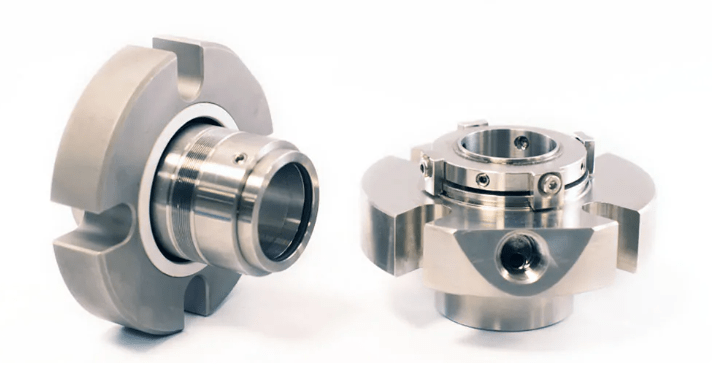Mechanical seals are critical components in many industrial applications, including pumps, compressors, and mixers. They are designed to prevent leakage of fluids and gases from the equipment, ensuring safe and efficient operation. However, despite their importance, mechanical seals can sometimes fail, leading to leakage and other problems. In this article, we will explore the top reasons for mechanical seal leakage and how to prevent it.
- Improper Installation
One of the most common reasons for mechanical seal leakage is improper installation. If the seal is not installed correctly, it can cause misalignment, excessive vibration, and other issues that can lead to leakage. To prevent this, it is essential to follow the manufacturer's instructions carefully and ensure that the seal is installed correctly.
- Wear and Tear
Mechanical seals are subject to wear and tear over time, especially in applications with high pressure, temperature, or abrasive fluids. As the seal wears, it can lose its ability to maintain a tight seal, leading to leakage. Regular maintenance and replacement of worn seals can help prevent this issue.
- Contamination
Contamination is another common cause of mechanical seal leakage. If foreign particles, such as dirt, debris, or chemicals, enter the seal area, they can damage the seal faces and cause leakage. To prevent contamination, it is essential to keep the equipment clean and free of debris and ensure that the seal is properly lubricated.
- Improper Material Selection
The selection of the wrong material for the mechanical seal can also lead to leakage. Different applications require different materials, and using the wrong material can cause chemical reactions, corrosion, and other issues that can compromise the seal's integrity. It is essential to select the appropriate material for the specific application to prevent this issue.
- Improper Operation
Finally, improper operation can also cause mechanical seal leakage. Overloading the equipment, running it at the wrong speed, or operating it outside of its design parameters can cause excessive wear and tear on the seal, leading to leakage. It is essential to operate the equipment within its design limits and follow the manufacturer's recommendations to prevent this issue.
In conclusion, mechanical seal leakage can be caused by a variety of factors, including improper installation, wear and tear, contamination, improper material selection, and improper operation. To prevent leakage, it is essential to follow the manufacturer's instructions carefully, perform regular maintenance, select the appropriate material for the application, and operate the equipment within its design limits. By taking these steps, you can ensure safe and efficient operation of your equipment and prevent costly downtime and repairs.

